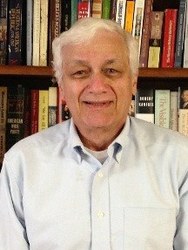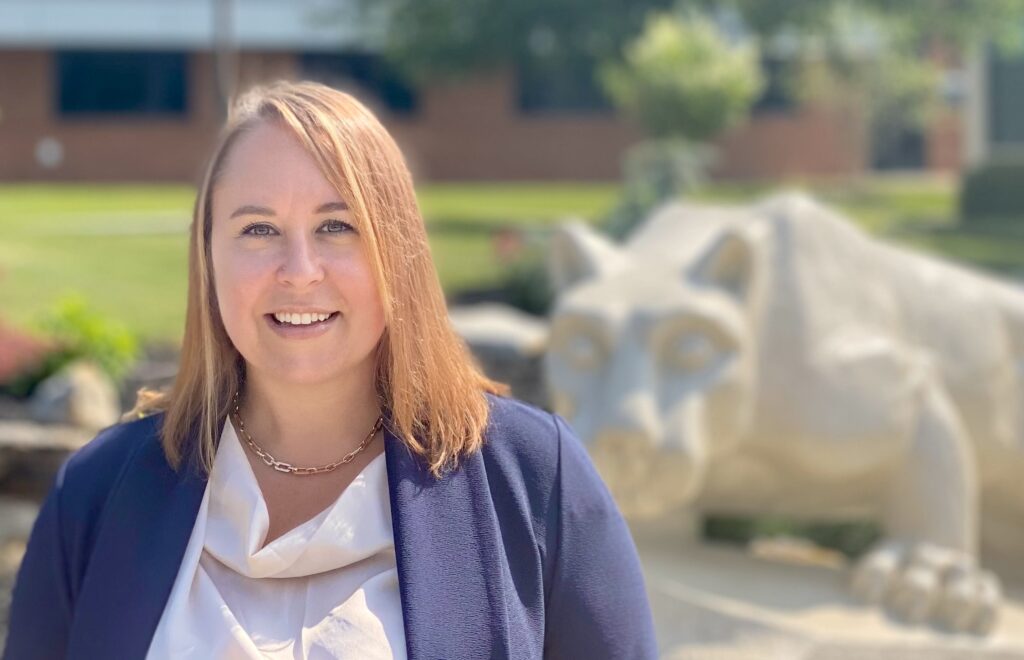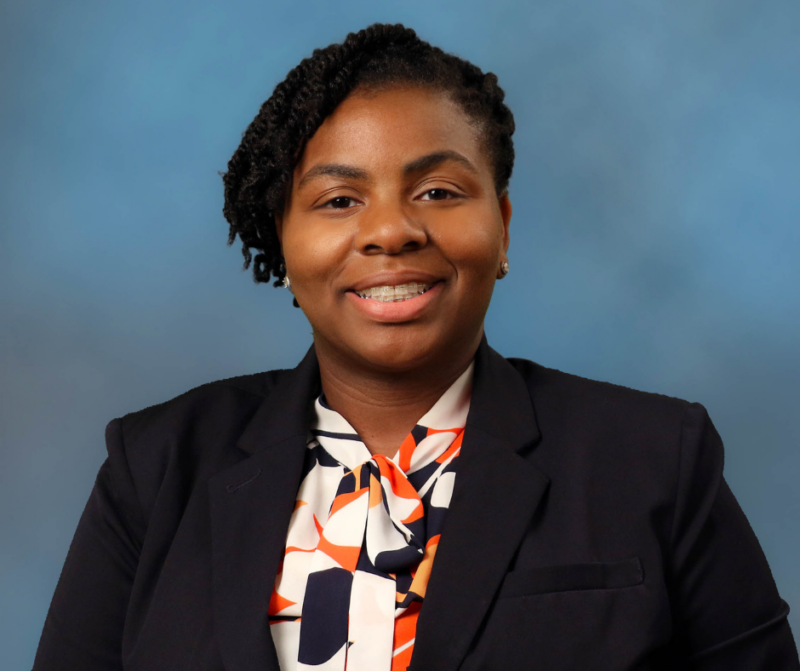
Antone Aboud is a professor of labor and employment relations at Penn State. We recently caught up with him to learn more about his unique background and what he enjoys about teaching courses for Penn State World Campus.
Please give our readers a sense of your teaching background.
After receiving my PhD in collective bargaining, labor law, and labor history, I worked for three years as an administrator at the Office of Faculty and Staff Relations at State University of New York’s (SUNY’S) Central Office. Regardless, I had always expected to teach. In 1979 I finally landed a full-time faculty position with SUNY’s campus at Utica-Rome, then SUNY at Potsdam, and finally in 1982 I worked for three years as the director of the Graduate School of Industrial Relations at St. Francis College in Loretto, Pennsylvania.
At the same time, I had also developed an intense interest in owning my own consulting business. As a consequence, in 1985 I quit full-time teaching. For the next 28 years I worked with my wife to develop a business. It was truly a “mom and pop” operation, but it allowed us to create a series of training programs related to workplace investigations, risk management, and supervision. Our teaching involved primarily noncredit offerings and took me to more than 40 states and the District of Columbia. It was an exciting period in my professional life. My largest regret was the amount of time I spent away from home as we grew the business.
How did you arrive at your position at Penn State?
While at St. Francis College, I had met Dr. Paul Clark — currently the director of the School of Labor and Employment Relations at Penn State — at a conference we sponsored. That was probably in 1983. After that single meeting, I did not communicate with him again until receiving an inquiry in 2011, asking me to apply for a part-time teaching position in the newly created online Master of Professional Studies (MPS) in Human Resources and Employment Relations (HRER).
What specific courses do you teach for World Campus?
I taught HRER 505 Seminar in Human Resources for the first four semesters at Penn State. Since that time I’ve been involved with HRER 802 Organizations in the Workplace and HRER 860 Ethical Decision Making for HR Professionals. The course I teach most often these days is HRER 894, the capstone research class which all MPS students must complete.
What’s the most common problem associated with organization culture and management?
Very often, managers fail to align actual conduct with the organization’s stated values. For example, managers will often promote teamwork as a process that will best serve the organization’s internal and external customers. At the same time, the organization will reward behaviors that focus on individual achievement. In other cases management might allow “business necessity” to corrode otherwise important values, accepting a short-term gain but damaging organizational integrity. As these “exceptions” grow, the culture increasingly supports unethical conduct that often puts the organization’s mission and purpose at risk.
What unique learning characteristics do Penn State World Campus students bring to the classroom environment?
Virtually all of our students have already had some years in their careers. What I believe is unique about their involvement in classes is the degree to which they can relate course material to their work experience.
I remember one class I taught on ethics. Students read an article titled “Parable of the Sadhu.” The author discussed his involvement with a group of climbers in the Himalayas. Ascending toward the peak of one of the world’s highest mountains, the group encountered a Sherpa who appeared disoriented, apparently unable to protect himself from the elements. The author chose to continue the trek — achieve a personal goal — rather than accompany the person to safety. He admitted that he made that choice understanding that the Sherpa was likely to die.
The assignment asked students to discuss what their organization would expect of them in an analogous situation. Would it expect, for example, that they be distracted from their goal to assist someone in need? What emerged was perhaps the most inspiring discussion I have ever facilitated in any context. Students were not only able, but very willing to share very personal perspectives on not only what their organizations would expect, but what they personally would expect of themselves.
What provides inspiration to you as a teacher?
Virtually all of our students are working; in some cases, the work involves extensive travel. Most have families, and I remember one person who was also mayor of his community. In other words, everyone is busy. In fact, it is because of this complexity in their lives that they are likely attracted to an online environment with an asynchronous delivery mechanism. They can log on and complete their work at any time, night or day.
What inspires me as a teacher is seeing so many students so committed to learning, given the myriad pressures they face. It is easy to forget how much they (and their families) give up as students grind their way toward a degree. It is most obvious to me when I see students with their families (sometimes extended families) attend graduation. A couple of semesters ago one graduate brought his wife and four children to State College for the ceremony from Washington State. What was clear was that his wife and children were as thrilled as he was as he walked onto the stage. At that moment I was reminded that it was not only I, but also every one of our staff who had contributed to this life milestone. These moments inspire me.
What makes you smile?
My wife and family, particularly my granddaughters, put smiles on my face.
My youngest granddaughter (8 years old) is perhaps the most optimistic person in the world. No matter what she sees, she responds, “I can do that!” When my older granddaughter was 5, she asked, “What is the last number?” My first reaction was that I went through nine years of college and never considered the issue.
What is your favorite thing about State College, Pennsylvania?
What I find most interesting about State College is being able to share conversations with students and faculty that I can’t easily have in other settings. And sometimes they happen quite unexpectedly.
I’m presently creating a new undergraduate class on human resource management. After discussion within the School, we decided it should be a “discovery” course, something that would allow even students who might never become HR professionals to learn about the subject not only from the point of view of the HR profession and management, but also from the perspective of the employee. And since the School is part of the College of the Liberal Arts, we also wanted to present some critical ideas in a way that connected to that particular set of disciplines.
In thinking through possible assignments, I remembered two pieces of literature that I thought might become readings and serve as the basis of course assignments: A short story — “Bartleby, the Scrivener” by Herman Melville — and a play — Death of a Salesman by Arthur Miller. Soon after making some notes on the subject, I ran into what turned out to be a couple of graduate students sitting in a conference room near my office. Within a couple of minutes I learned that they were in an MA program in English. We spent 20 minutes discussing how “Bartleby, the Scrivener” would help students learn about human resources at work. It was the type of conversation that I know would not likely have occurred except in the type of academic environment that State College offers.



